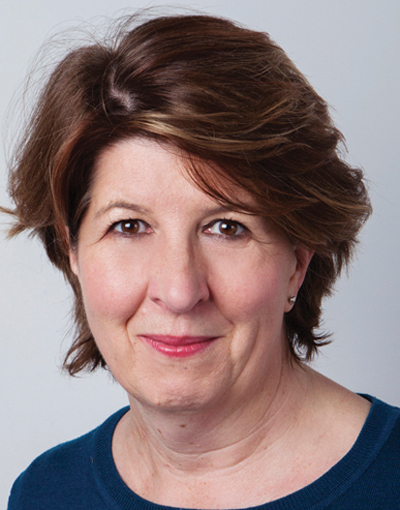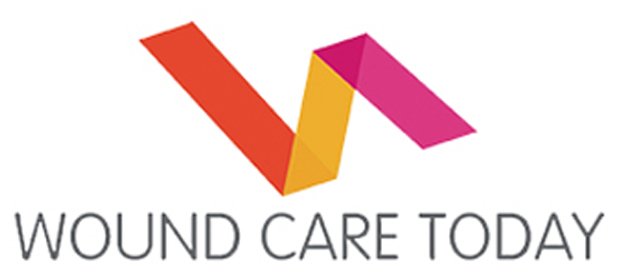
Una Adderley, Director, National Wound Care Strategy Programme, Yorkshire and Humber Academic Health Science Network.
In September 2018 NHS England commissioned a National Wound Care Strategy Programme to improve wound care in England. The focus is on lower limb wounds, pressure ulcers and surgical wounds. Since then, the programme has engaged with hundreds of clinicians, patients and suppliers and recommendations are beginning to emerge.
The Stop the Pressure Programme continues its work on risk assessment and improving data collection. The focus is now moving to pressure ulcer prevention in the community and interventions to improve the healing of severe pressure damage. Achieving a CQUIN that focuses on pressure ulcer prevention in in-bed community settings and care home will support this work.
The Lower Limb workstream is close to finalising the recommendations for foot and leg ulceration and the surgical wounds workstream has consulted on their first draft of a set of recommendations. The Lower Leg recommendations draw on well-established clinical guidelines for diabetic foot ulceration and leg ulceration but introduce clear recommendations to support much faster assessment, diagnosis and treatment and draw attention to the results of more recent NHS-funded research. The leg ulcer CQUIN1 will support implementation of these recommendations.
The Data and Information workstream continues to unravel the complexity of existing data systems and is developing recommendations for future data capture and use. A national wound product classification system is under development which will allow the business functions of the NHS in relation to the supply and distribution of wound care products to be readily reported. Alongside this, there are plans to develop recommendations for a national wound care product selection tool. The Supply and Distribution workstream are developing advice to support organisations that wish to review how wound care products are supplied into their organisation.
The Stop the Pressure Programme continues its work on risk assessment and improving data collection. The focus is now moving to pressure ulcer prevention in the community and interventions to improve the healing of severe pressure damage. Achieving a CQUIN that focuses on pressure ulcer prevention in in-bed community settings and care home will support this work.
The Lower Limb workstream is close to finalising the recommendations for foot and leg ulceration and the surgical wounds workstream has consulted on their first draft of a set of recommendations. The Lower Leg recommendations draw on well-established clinical guidelines for diabetic foot ulceration and leg ulceration but introduce clear recommendations to support much faster assessment, diagnosis and treatment and draw attention to the results of more recent NHS-funded research. The leg ulcer CQUIN1 will support implementation of these recommendations.
The Data and Information workstream continues to unravel the complexity of existing data systems and is developing recommendations for future data capture and use. A national wound product classification system is under development which will allow the business functions of the NHS in relation to the supply and distribution of wound care products to be readily reported. Alongside this, there are plans to develop recommendations for a national wound care product selection tool. The Supply and Distribution workstream are developing advice to support organisations that wish to review how wound care products are supplied into their organisation.
The Education and Workforce workstream have secured funding to enable the development of a suite of online, free to access wound care education modules available to all. Work has commenced on developing modules on pressure ulcers (which will mirror the published Stop the Pressure education curriculum) and more general skin assessment and wound assessment. Modules on leg ulceration and surgical wounds will follow. There are also discussions underway to agree a national capability framework for wound care.
The next stage is implementation. The NWCSP is developing a case for investment to support organisations seeking to making change that is urgently needed. This will be the biggest challenge of all but unless we change the way we deliver wound care we will not see the improvements we are all seeking.
The next stage is implementation. The NWCSP is developing a case for investment to support organisations seeking to making change that is urgently needed. This will be the biggest challenge of all but unless we change the way we deliver wound care we will not see the improvements we are all seeking.


